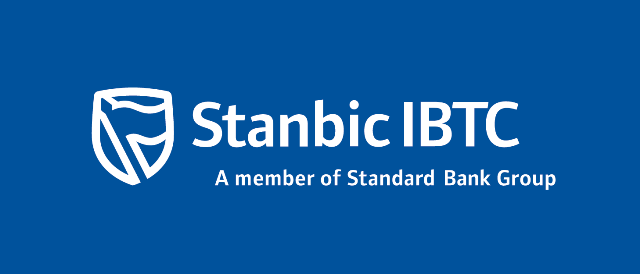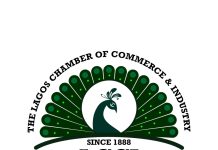In a quest to help customers take advantage of the currency swap deal between China and Nigeria, Stanbic IBTC has sensitised its customers and stakeholders on the currency swap agreement.
In May, 2018, Nigeria and China had finalised a currency swap between the reserve banks of both countries. The Peoples Bank of China (PBOC) disclosed this in a notice on its website. Governor Godwin Emefiele signed on behalf of the Central Bank of Nigeria (CBN), while Governor Yi Gang signed on behalf of the PBOC.
Stanbic IBTC is a financial service holding company in Nigeria with subsidiaries in banking, stock brokerage, investment advisory, pension and trustee businesses. Stanbic IBTC Holdings is a member of the Standard Bank Group, a financial services giant based in South Africa.
In an interactive session tagged, ‘A Night of Africa-China Connection’, the Chief Executive, Stanbic IBTC Plc, Dr. Demola Sogunle, who was represented by the Executive Director, Operations, Stanbic IBTC, Wole Adeniyi, said the bank is committed to deepening the bank’s connection with the Chinese business community in order to set in motion enablers for a successful execution of the policy and further stimulate the strong trade and business ties, with special focus on Nigeria and China.
Prior to the currency swap, preliminary discussions concerning the swap began in 2011 when the then CBN Governor, Lamido Sanusi had suggested that Nigeria would hold a small percentage of its reserves in renminbi.
Also, the Industrial and Commercial Bank of China Ltd (ICBC), and the CBN had signed a deal on Yuan transactions.
The Naira-Yuan currency swap deal, would not cover the importation of 41 items listed as banned items in CBN’s 2015 circular.
Meanwhile, in the last two decades, bilateral trade between Nigeria and China has grown rapidly, rising from $2.8 billion in 2005 to $14.9 billion in 2015, which is a 430% increase.
China is Nigeria’s trading partner after the United States, with volumes totaling $9.2 billion in 2017.












